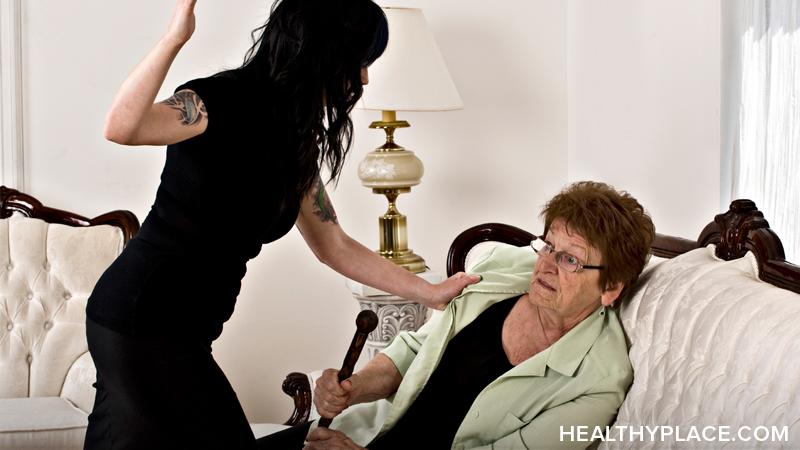Types of Domestic Violence, Domestic Abuse

Many types of domestic violence (domestic abuse) exist; each with devastating effects on those involved, including even mere witnesses of the violence. Characterized by a pattern of dominance and control in an intimate relationship, all types of domestic abuse occurs in every imaginable societal and cultural sector. Whether you're rich or poor, male (domestic violence against men) or female, straight or gay, black, white or somewhere in-between – you, or someone you know, has likely been touched by the ripple effects of one of the types domestic abuse. People just like you—from all across the cultural spectrum—can find themselves at risk of sliding into the dangerous cycle of violence in the home.
Types of Domestic Violence – Shades of Control and Power
If your relationship is characterized by a chronic struggle for power and control, there's a good chance that one of the many types of domestic abuse is at play. From the most opulent penthouse luxury apartment to private homes in gated communities to urban projects and rural homesteads, the many types of domestic abuse visit upon victims without discrimination. Learn about the four general types of domestic violence:
- Physical Domestic Violence – Intentional use of force to cause injury or harm. Physical violence may involve weapon use or the abuser may simply use his larger physical size and strength to cause the harm. Examples of physical domestic abuse include: punching, whipping, biting, choking, restraining (More information on physical abuse)
- Sexual Domestic Violence – In addition to the act of forcing an unwilling partner to engage in sex, sexual domestic violence includes forcibly having sex with someone who cannot refuse due to illness, disability, the influence of drugs, or fear of retaliation. An abusive partner may force his victim to engage in sex acts that are offensive to her (i.e. anal intercourse, group sex). (More on marital rape, spousal rape)
- Stalking and Threatening Domestic Violence – Using gestures, words, weapons and simply an intimidating presence to convey a threat to harm, injure, rape, or kill another person represents a personal threat or stalking violence. (Learn more about who these domestic abusers, perpetrators of domestic violence, are.)
- Psychological and Emotional Domestic Violence – Verbally demeaning, humiliating, threatening or other coercive tactics that evoke emotional stress and trauma in the victim. This may include controlling the victim's personal freedom of movement or choice of activities; publicly and privately humiliating the victim; denying victim access to money, resources, or important personal items and people they love. Withholding information or giving false information, for the purpose of causing psychological pain and suffering, also constitutes emotional abuse. (Detailed information on emotional abuse starts here.)
These general types of domestic abuse have many shades and variations, carefully customized by the abuser to use in his insatiable quest for power and control. If your partner has a pattern of behavior that makes you feel devalued or humiliated, it's domestic violence – regardless of whether it seems to fit in one of the above four categories.
Multiple research studies show that the types of domestic violence present in a family environment tend to worsen and intensify over time. Staying in an abusive environment not only causes devastating harm to the immediate victim but also seriously affects children who witness the abuse even if they never experience it firsthand. Learn to recognize the types of domestic abuse and speak out for yourself and others who you feel may be in an abusive situation.
APA Reference
Gluck, S.
(2021, December 17). Types of Domestic Violence, Domestic Abuse, HealthyPlace. Retrieved
on 2025, April 18 from https://www.healthyplace.com/abuse/domestic-violence/types-of-domestic-violence-domestic-abuse



